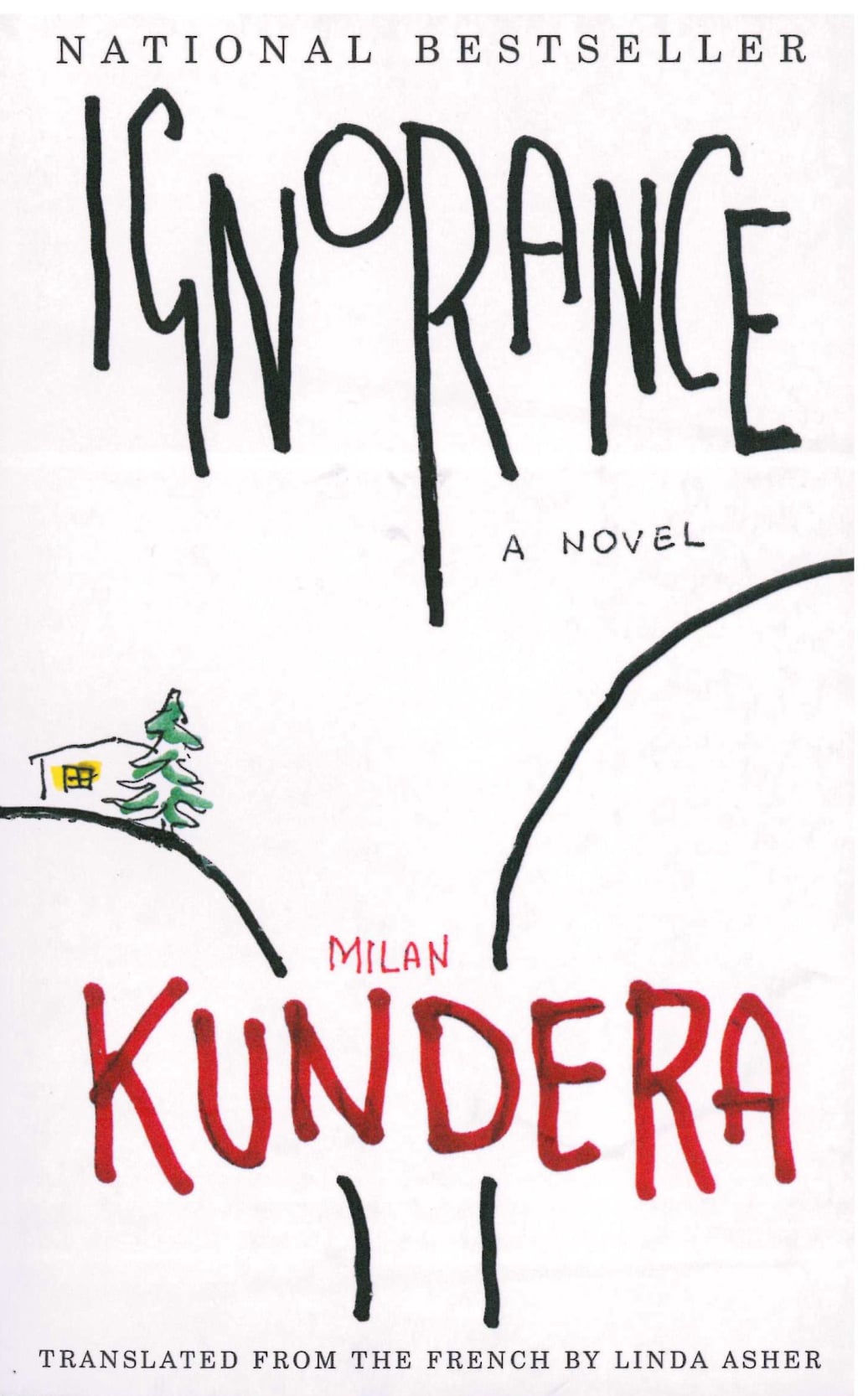
The bestselling masterpiece tale of love and exile in Prague by the author of modern classic The Unbearable Lightness of Being.
From the cover of the Faber & faber edition
An artist, clearly one of the best to be found anywhere.’
Salman Rushdie
The truth is that after such a long absence ‘their memories no longer match.’ We always believe that our memories coincide with those of the person we loved, that we experienced the same thing. But this is just an illusion as the memory records only ‘an insignificant, minuscule particle’ of the past, ‘and no one knows why it’s this bit and not any other bit.’ We live our lives sunk in a vast forgetting, and we refuse to see it. Only those who return after twenty years, like Ulysses returning to his native Ithaca, can be dazzled and astounded by observing the goddess of ignorance first-hand. Milan Kundera has taken these dizzying concepts of absence, memory, forgetting, and ignorance, and transformed them into material for a novel, masterfully orchestrating them into a polyphonic and moving work.
From the cover of the Faber & faber edition
“What are you still doing here?“ Her tone wasn’t harsh, but it wasn’t kindly, either; Sylvie was indignant.
“Where should I be?“ Irena asked.
“Home!“
“You mean this isn’t my home anymore?“
Faber & Faber, 2003, p. 3
You have to read this novel twice to fully understand it. On the first reading one is blinded by perfection. On the second reading, one senses its subtle dialectic. (...) A thrilling novel, a literary imitation of human memory with its threads and gaps ...
Hardly any writer takes his readers as seriously as Kundera, hardly any offers them so much while demanding only: to follow and to think. The prose is immaculate, completely free of the narrative sauce that many of his colleagues' novel-making machines are compelled to create... His new novel is sad, melancholic and very soothing.
The writer Kundera has been intimate with the French language for more than seven years. There is a reason for his praise of Calypso here. Although he never returns to her, this novel is not directed against Penelope. The story of a failed homecoming is also the story of a longing for an abandoned Czech language.



The Milan Kundera Library is funded by the South Moravian Region and the City of Brno.
© 2024 Moravian Library in Brno